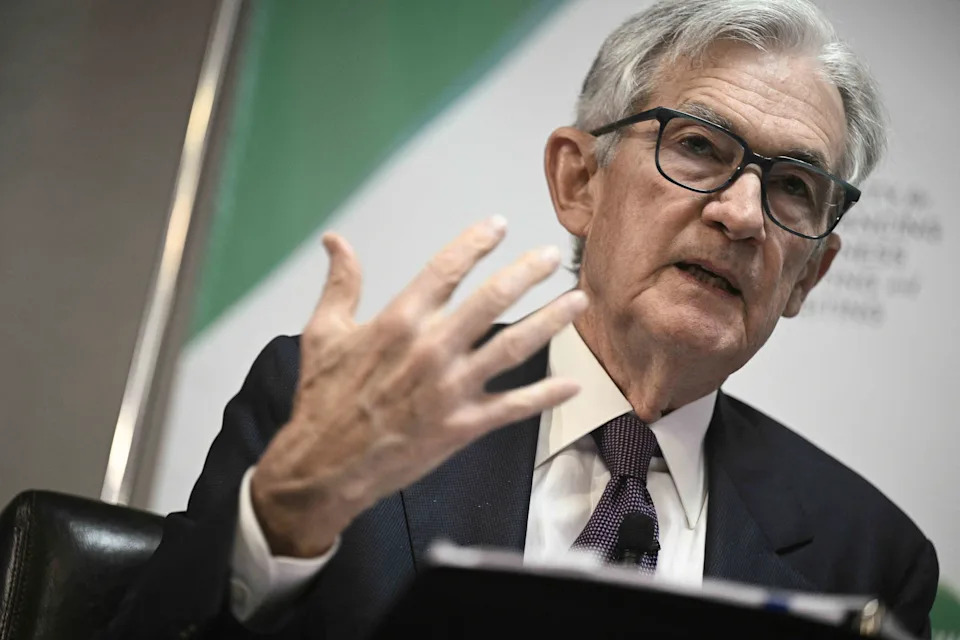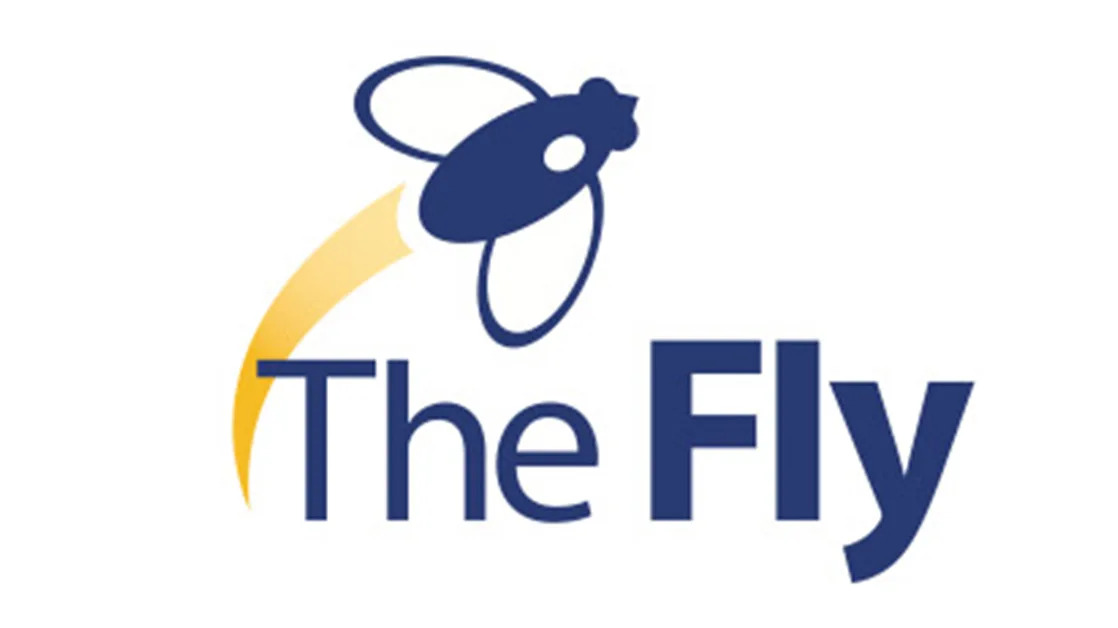
Key Takeaways
America's top central banker has the same concerns many other experts about what President Donald Trump's "Liberation Day" tariffs will bring: higher inflation and slower economic growth.
Federal Reserve Chair Jerome Powell spoke Friday at an economic reporting conference in Virginia, giving his first reaction to Trump's Wednesday announcement of
sweeping tariffs against U.S. trading partners
. The tariff announcement resolved some of the
uncertainty about policy
that has kept the Fed in a holding pattern in recent months, but not enough to shake Powell out of "wait-and-see" mode.
"It is now becoming clear that tariff increases will be significantly larger than expected, and the same is likely to be true of the economic effects, which will include higher inflation and slower growth," Powell said. "The duration of these effects remains uncertain. While the tariffs are highly likely to generate at least a temporary rise in inflation, it's also possible that the effects could be more persistent."
Forecasters agree that tariffs will
push up the cost of living
, potentially setting off longer-lasting inflation while slowing the economy and raising the risk of a recession in the U.S.
Policymakers at the Fed are tasked with keeping inflation low and employment high. Its main tool, manipulating interest rates, can address one of those problems at a time, potentially putting the Fed in a bind if both inflation and the job market worsen at the same time. The Fed can either raise interest rates, pushing up borrowing costs to fight inflation or lower them to create easy money, boosting the economy and hiring.
For now, Fed officials have chosen to keep their key interest rate steady while waiting to see how things will play out. The waiting game will likely continue until it becomes clear whether high inflation or a collapsing labor market becomes the most urgent problem.
"What we've learned is that the tariffs are higher than anticipated, higher than almost all forecasters predicted," Powell said. "We still don't know where that comes to rest, though, and we're just going to have to see that through."
Read the original article on Investopedia





